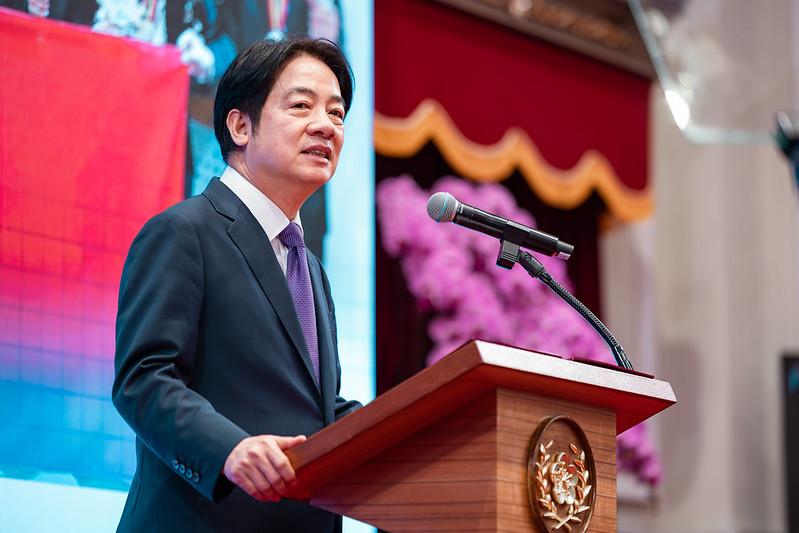TAIPEI, Taiwan—Taiwanese President Lai Ching-te has pledged to increase the island’s defense spending and join forces with other democracies to confront threats posed by authoritarian governments.
In his first New Year’s address since taking office in May, Lai said Taiwan is an integral part of the “line of defense of democracy” globally.





